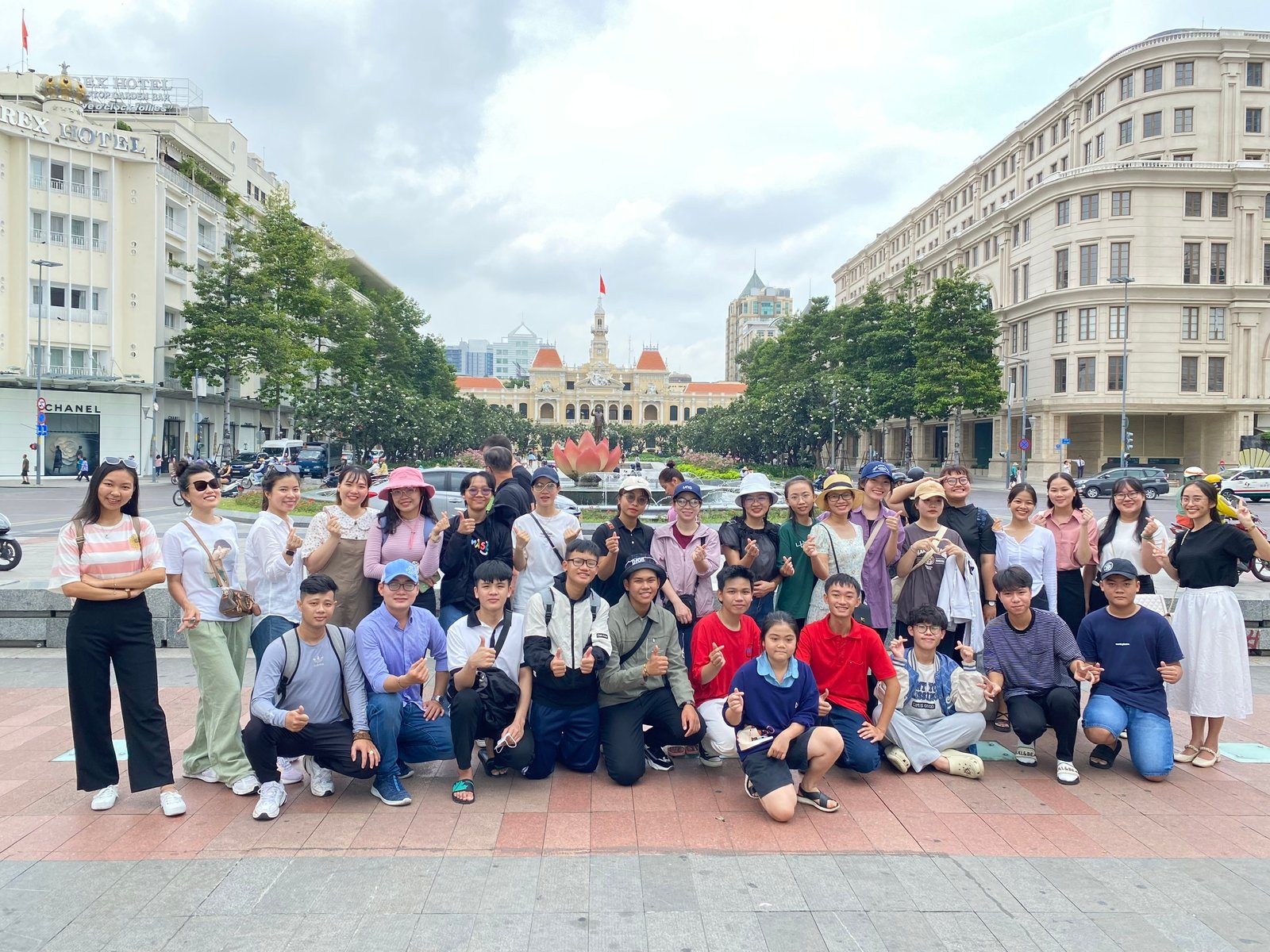Tín ngưỡng Thờ Ông Địa (Thần Đất ) là một tín ngưỡng rất phổ biến đối với cư dân người Việt bên cạnh tín ngưỡng thờ thần tài. Vì đất là nơi con người sinh sống lao động và sản xuất, đất đem lại những nguồn lợi phục vụ lớn cho đời sống của con người.

The Cult of God of Land is a very popular cult among Vietnamese people besides the belief of god of wealth. Because land is where people live, work and produce, land provides great resources for human life.
Ông Địa biểu thị cho niềm vui. Đầu tiên phải khẳng định như thế vì ông Địa luôn cười, phe phẩy quạt luôn làm tươi mới không khí gia đình. Ông Địa trong tâm thức người Nam bộ lại khác hẳn so với ông Địa ở các vùng miền khác trong cả nước và càng khác biệt với tín ngưỡng Trung Hoa. Ông Địa ở Nam bộ quấn khăn rằn, một tay cầm quạt mo, một tay cầm điếu thuốc rất bình dân. Càng bình dân hơn với những đồ cúng tế rất đơn giản: nải chuối, chén chè, ly cà phê… và nơi thờ ông Địa thường không có bàn cao mà dưới nền đất, sàn nhà.
God of Land represents joy. First of all, we must affirm that because god of land always laughs, the fan always refreshes the atmosphere of the family. God of land in the mind of the Southern people is different from god of land in other regions of the country and even more different from Chinese beliefs. God of land in the South is wrapped in a bandana, holding a fan in one hand, and holding a cigarette in the other, very popular. More and more popular with simple sacrifices: bananas, tea cups, coffee cups ... and the place to worship god of land usually does not have high tables but on the ground, floor.
Ông Địa gần gũi đến độ khi thất lạc đồ đạc, từ chìa khóa, cái ví đến cây dao, lưỡi búa… thì người Nam bộ thường vái: “Vái ông Địa kiếm được con cúng nải chuối”. Và sau khi kiếm được, cúng nải chuối thì người Nam bộ lại bẻ ăn trước một trái. Người Nam bộ lý giải rằng, do một lần ông Địa bị ngộ độc nên sợ, không dám hưởng dùng. Việc ăn trước là để “thử độc”. Niềm tin này phổ biến ở Nam bộ. Tuy nhiên, chúng tôi cho rằng, việc làm ấy, phải chăng, đó là biểu thị của sự gần gũi, dân dã, không khoảng cách giữa ông Địa và người dân, ngay trong chuyện ăn uống.
God of land is so close that when Local people loses their belongings, from the key, wallet to the knife, hammer ..., the Southern people often bow: "To god of land, please help I find. And after finding and offering a bunch of bananas, the Southern people broke down and ate one of them first. The Southern people explained that, because once god of land was poisoned, he was afraid and did not dare to enjoy it. Eating first is to "try the poison". This belief is popular in the South. However, we believe that this action is reasonable, it is a sign of the closeness, the rustic, no distance between god of land and the people, right in the matter of eating and drinking.
Ông Địa còn được xem như một vị Phúc Thần, không chỉ bảo vệ đất đai, ruộng vườn mà còn mang phúc lộc, dẫn lối Thần Tài đến cho gia chủ. Có lẽ vậy mà Thần Tài- Thổ Địa như một “cặp đôi hoàn hảo”, song hành trong bàn thờ người Việt ở Nam bộ. Hiếm (thậm chí không có) bàn thờ nào chỉ thờ Thần Tài hoặc chỉ thờ ông Địa.
God of land is also seen as a Happiness god, not only protecting the land and fields, but also bringing blessings, leading the way to the God of Fortune. Perhaps that is why god of fortune and god of land as a "perfect couple", accompanying the Vietnamese altar in the South.
